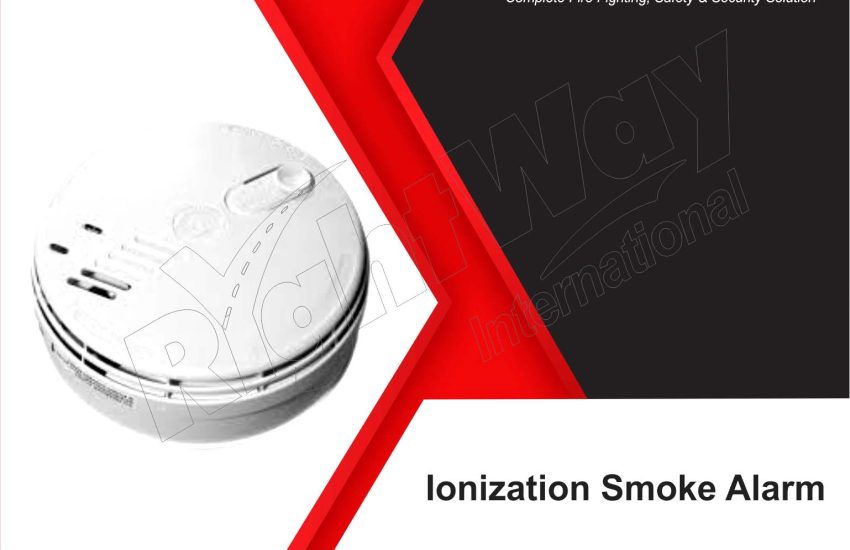What is an Ionization Smoke Alarm? When it comes to fire safety, understanding the various types of smoke alarms is crucial. One popular option is the ionization smoke alarm. In this article, we’ll explore what an ionization smoke alarm is, how it works, its advantages and disadvantages, and best practices for installation.
What is an ion Smoke Alarm?
An ionization smoke alarm is a type of smoke detector designed to identify smoke and fire through the ionization process. This technology is particularly effective for detecting fast-flaming fires, making it a vital component of home safety systems.
How Does an ion Alarm Work?
- Ionization Process: Inside the alarm, a small amount of radioactive material, typically Americium-241, ionizes the air in the detection chamber. This creates a flow of electrical current between two charged plates.
- Current Flow: The ionized air allows a steady current to pass between the plates.
- Smoke Detection: When smoke enters the chamber, it disrupts the flow of ions, resulting in a decrease in current. This drop triggers the alarm, alerting occupants to potential danger.
Advantages of Ionization Smoke Alarms:
- Quick Response to Fast-Flaming Fires: Ionization smoke alarms are highly sensitive to small smoke particles, making them effective at detecting fast-flaming fires, such as those caused by paper or wood.
- Cost-Effective: These alarms are generally more affordable than other types, making them a popular choice for homeowners and renters.
- Widely Available: Ionization smoke alarms are commonly found in hardware stores, home improvement centers, and online retailers, ensuring easy accessibility.
Limitations of Ionization Smoke Alarms:
While ionization smoke alarms offer numerous benefits, there are some drawbacks to consider:
- Prone to False Alarms: They can be overly sensitive to cooking smoke or steam, leading to unnecessary false alarms, especially in kitchens.
- Slow Response to Smoldering Fires: Ionization alarms may not respond as quickly to smoldering fires, which produce larger smoke particles and require different detection technologies.
Comparison with Other Smoke Alarm Types:
To choose the best smoke alarm for your needs, it’s essential to understand how ioniztion smoke alarms compare to other types:
- Ionization Smoke Alarms: Best for detecting fast-flaming fires, but less effective with smoldering fires.
- Photoelectric Smoke Alarms: More efficient at detecting smoldering fires due to their technology, which uses a light beam that scatters when smoke particles enter the chamber.
Best Practices for Installing Ionization Smoke Alarms:
To maximize the effectiveness of your ionization smoke alarms, follow these installation tips:
- Placement: Install alarms on every level of your home, especially in hallways and near bedrooms, where they can provide early warning.
- Avoid Cooking Areas: Keep alarms away from kitchens to minimize false alarms caused by cooking smoke, grease, or steam.
- Regular Maintenance: Test your smoke alarms monthly, replace batteries at least once a year, and replace the entire unit every 10 years for optimal performance.
Conclusion:
An ionization smoke alarm is a critical component of fire safety in any home or building. By understanding how these alarms work, their benefits, and their limitations, you can make informed decisions about your fire safety strategy. For enhanced protection, consider using both ionization and photoelectric smoke alarms together.


